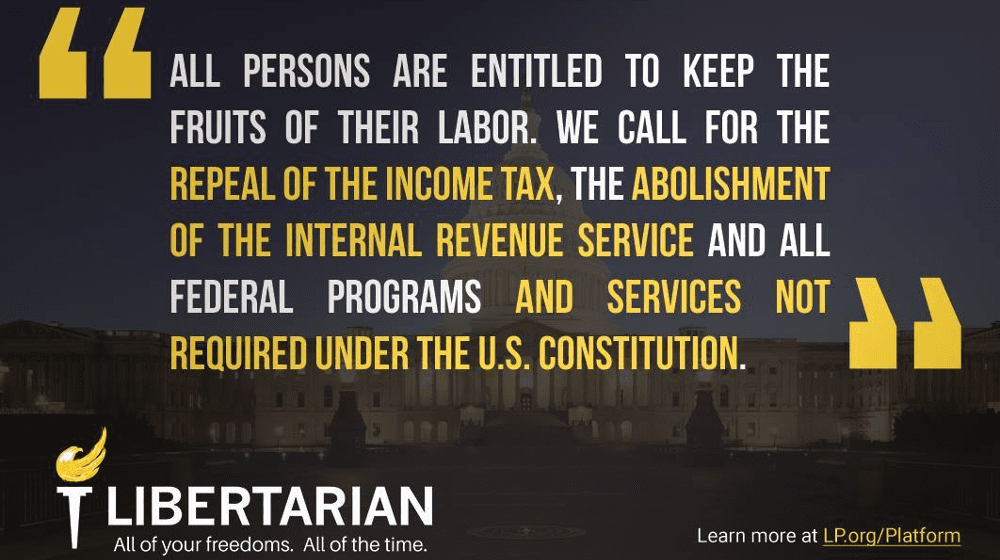The price of that custom one-of-kind handmade Canadian maple end table that you can get on Etsy for $229 just increased between $4 and $22, depending on where you live. The U.S. Supreme Court just ruled that online merchants must charge the applicable sales tax wherever merchandise is sold, regardless of whether the merchant has a physical presence in that state. Combined state and local sales taxes range from 1.76 percent in Alaska to 9.98 percent in Louisiana. Only Oregon, New Hampshire, and Delaware have no statewide sales tax.
The court’s 5-4 decision in South Dakota v. Wayfair overturned the 1992 Supreme Court ruling, Quill Corporation v. North Dakota. The Quill ruling had specified that only online sellers with a physical presence in a state are required to collect that state’s sales tax. This physical presence requirement has now been struck down.
The new case was brought by South Dakota, which wants to increase its tax take. The state’s lawsuit was supported by brick-and-mortar retailers who complain that their online competition has an unfair advantage.
“The disparate tax treatment of online sellers versus brick and mortar storefronts did create an advantage for e-commerce,” said Libertarian National Committee Executive Director Wes Benedict. “A better method for leveling the playing field, though, would be to abolish the sales tax for all retail. Lower taxes for all will increase prosperity for all, consumers and merchants alike. This would have the added benefit of shrinking the size of the honey pot that politicians use to reward their friends and supporters.”
Even online sellers based in other countries will now need to collect sales tax for the states in which they sell, which creates a significant burden for modest retailers like that custom table maker in Canada.
“The other unfortunate result of the Wayfair decision is that small entrepreneurs will be at a severe disadvantage to behemoths like Amazon in their ability to calculate and remit the correct tax,” Benedict said. “In fact, thanks to a myriad of local and state jurisdictions, they’ll probably have to contract with one of their monolithic competitors in order to handle sales tax payments. That will increase their costs, which will ultimately hike prices still more for consumers.”
Since the Libertarian Party was founded in 1971, it has advocated the elimination or reduction of taxes, particularly sales taxes, which take a bigger percentage of income from low-income people than from the wealthy. This consistent, principled advocacy for freedom has helped the Libertarian Party to grow into the third largest political party in the United States. More than 18.5 million votes were cast for Libertarian candidates in the 2016 election
“Republicans won’t reduce taxes without increasing debt,” Benedict said. “Democrats won’t reduce taxes at all. Libertarians will reduce taxes. A record number of Libertarians are running for local, state, and federal office in 2018. All are united in working for lower taxes and decreasing the size and scope of government.”
The 2018 Libertarian National Convention will be held from June 30 to July 3 in New Orleans, where delegates will elect the party’s officers for the next two-year term, consider endorsements of candidates, conduct other party business, and listen to candidates and other speakers from across the Libertarian movement. Journalists can request press credentials and view the tentative schedule on the convention website.

